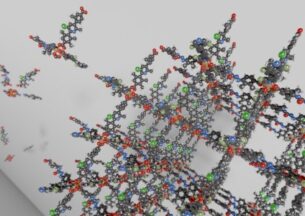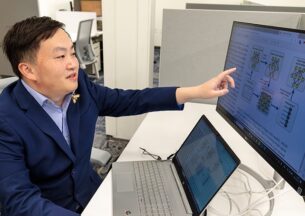Truong Son Hy MS Presentation
Covariant Compositional Networks for Learning Graphs
and GraphFlow Deep Learning framework in C++/CUDA
In this paper, we propose Covariant Compositional Networks (CCNs), the state-of-the-art generalized convolution graph neural network for learning graphs. By applying higher-order representations and tensor contraction operations that are permutation-invariant with respect to the set of vertices, CCNs address the representation limitation of all existing neural networks for learning graphs in which permutation invariance is only obtained by summation of feature vectors coming from the neighbors for each vertex via well-known message passing scheme. To efficiently implement graph neural networks and high-complexity tensor operations in practice, we designed our custom Deep Learning framework in C++ named GraphFlow that supports dynamic computation graphs, automatic and symbolic differentiation as well as tensor/matrix implementation in CUDA to speed-up computation with GPU. For an application of graph neural networks in quantum chemistry and molecular dynamics, we investigate the efficiency of CCNs in estimating Density Functional Theory (DFT) that is the most successful and widely used approach to compute the electronic structure of matter but significantly expensive in computation. We obtain a very promising result and outperform other state-of-the-art graph learning models in Harvard Clean Energy Project and QM9 molecular datasets.
Index terms: graph neural network, message passing, density functional theory, deep learning framework
Truong Son's advisor is Prof. Risi Kondor













